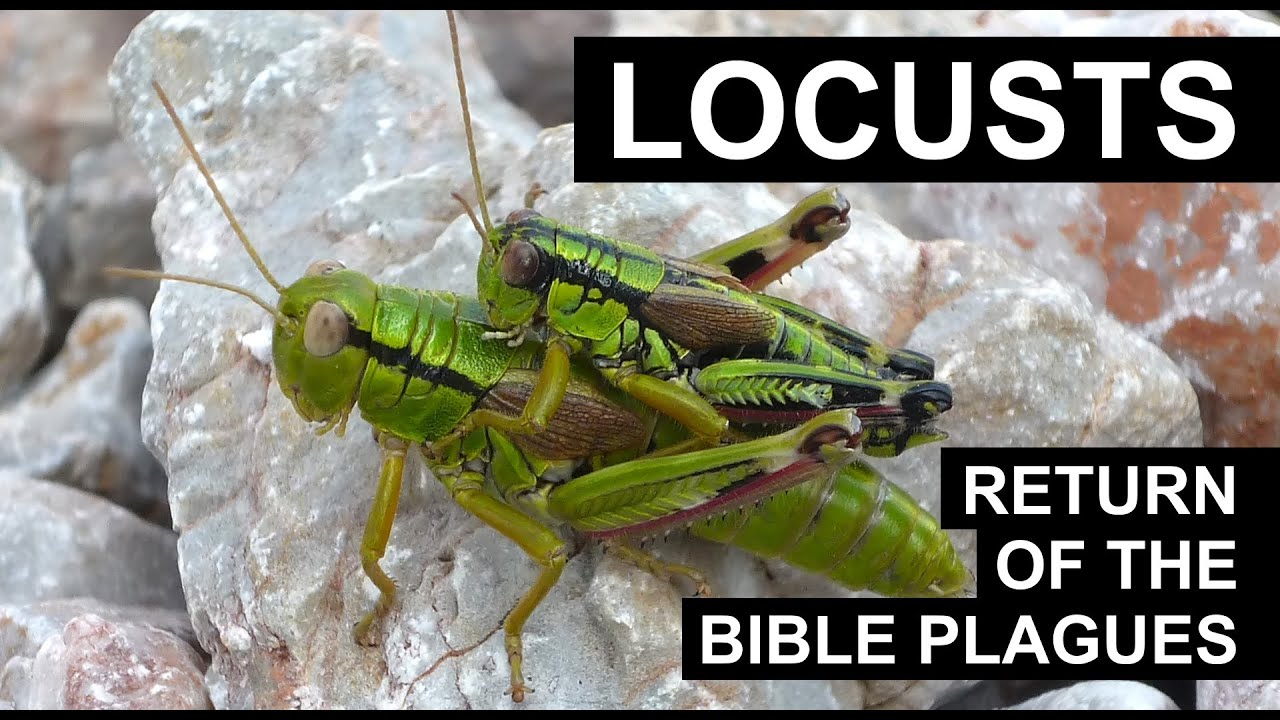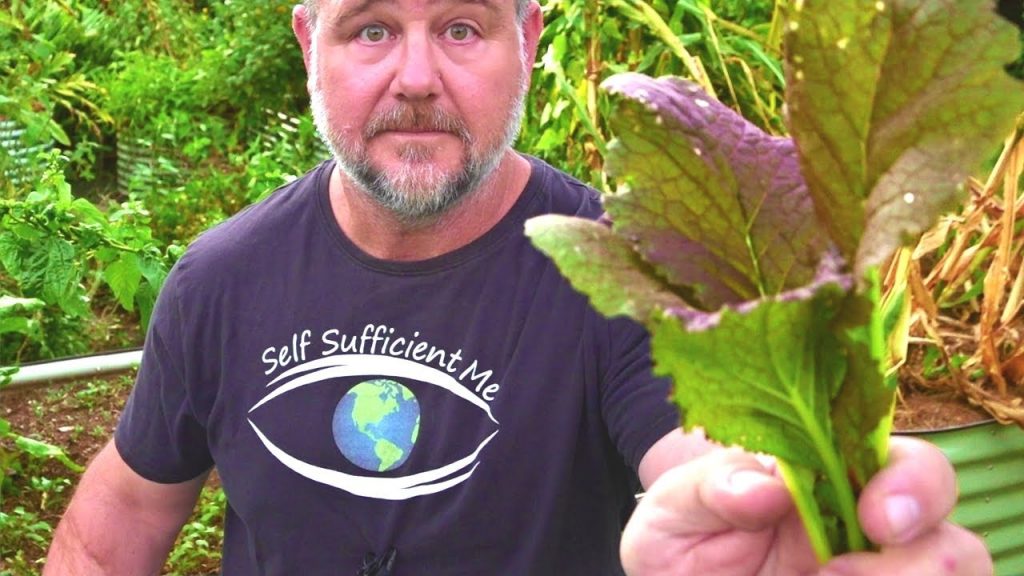Return of the Plagues – Locusts

In recent months, the world has been facing a resurgence of biblical proportions – the return of the plagues.
One of the most concerning plagues to reemerge is the infestation of locusts in various parts of the world.
Locust swarms have been wreaking havoc on crops, causing devastation to agriculture and threatening food security.
The locust infestations have been particularly severe in East Africa, the Middle East, and South Asia. In East Africa, the swarms have heavily impacted countries like Kenya, Ethiopia, Somalia, and Uganda. In some areas, the locusts have destroyed entire crops, leaving farmers with nothing to harvest. This has resulted in food shortages and heightened concerns about famine in the region.
The situation is not much better in the Middle East, where countries like Yemen, Saudi Arabia, and Iran have also been battling locust swarms. These swarms have added to the challenges these countries face, which are already dealing with conflict, political instability, and humanitarian crises.
Countries like India and Pakistan have seen significant crop damage in South Asia due to locust infestations. The swarms have been moving across the region, devouring crops and threatening livelihoods. Farmers in these countries have been struggling to protect their crops from the voracious insects, but the sheer size and persistence of the swarms have made it challenging to contain the infestations.
The resurgence of locusts is believed to be linked to climate change, which has created favorable conditions for the insects to breed and thrive. Warmer temperatures and increased rainfall have provided the perfect environment for locusts to multiply rapidly and migrate in search of food.
Efforts to control the locust swarms have been underway, with countries in affected regions deploying planes to spray pesticides and using other measures to try and contain the infestations. International organizations like the United Nations Food and Agriculture Organization (FAO) have also provided support and assistance to countries dealing with locust outbreaks.
The return of the plagues, particularly the locust infestations, serves as a stark reminder of our world’s interconnectedness and climate change’s impact on our ecosystems. It also highlights the vulnerability of food systems and the need for greater resilience in facing such challenges.
As the world continues to grapple with the ongoing pandemic and its socio-economic impacts, the resurgence of biblical plagues like locusts serves as a sobering reminder of the fragile balance of our natural world. It is clear that urgent action is needed to address the root causes of these plagues and build more sustainable and resilient systems to protect our food security and livelihoods.










The Box Hop Airbnb Tour! | Shipping Container Home!
Lion cub annoys his dad. Cubs are taught a lesson
The Secret Infrastructure Beneath NYC
THIS IS THE MOST EXPENSIVE PLANE TICKET IN THE WORLD | Etihad A380 The Residence
President Trump, It’s Tough But Please Keep Your Promise To The Coal Country